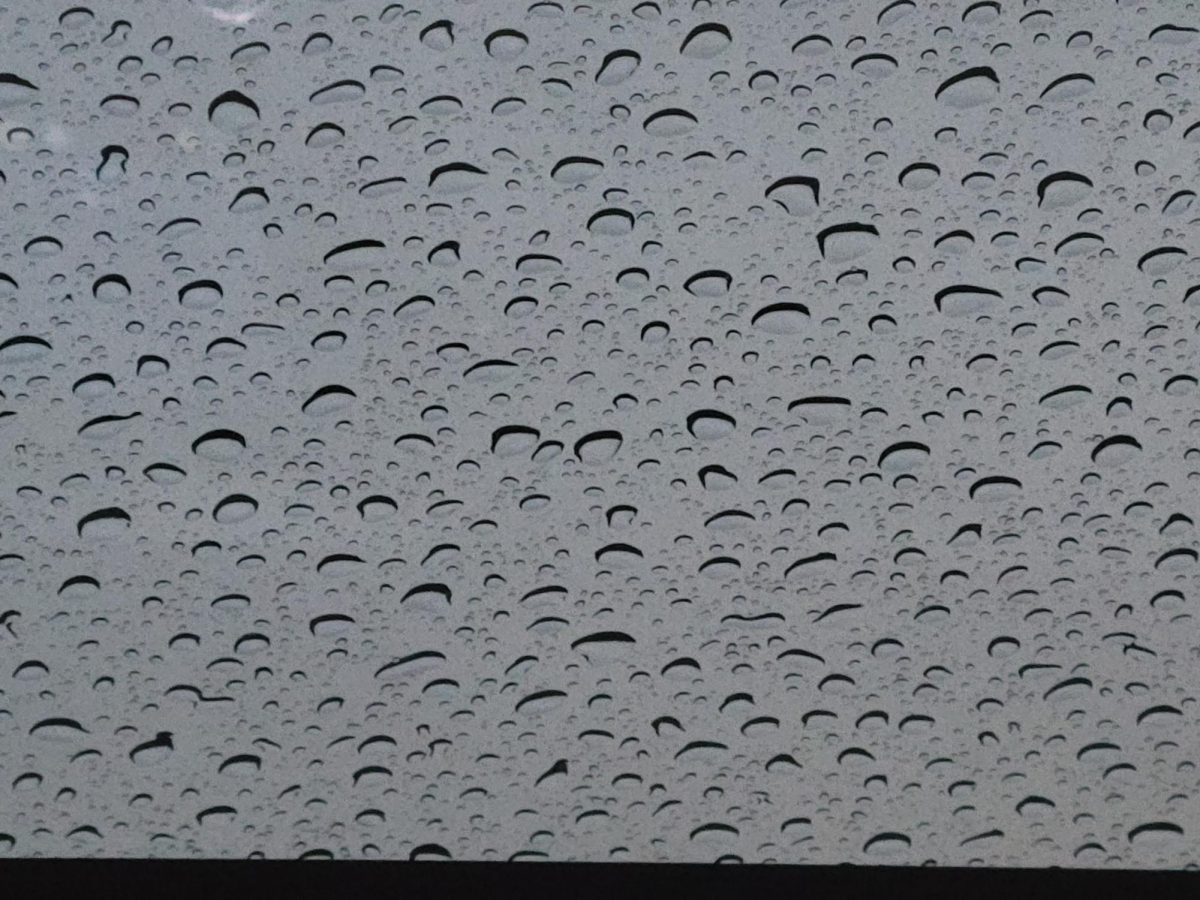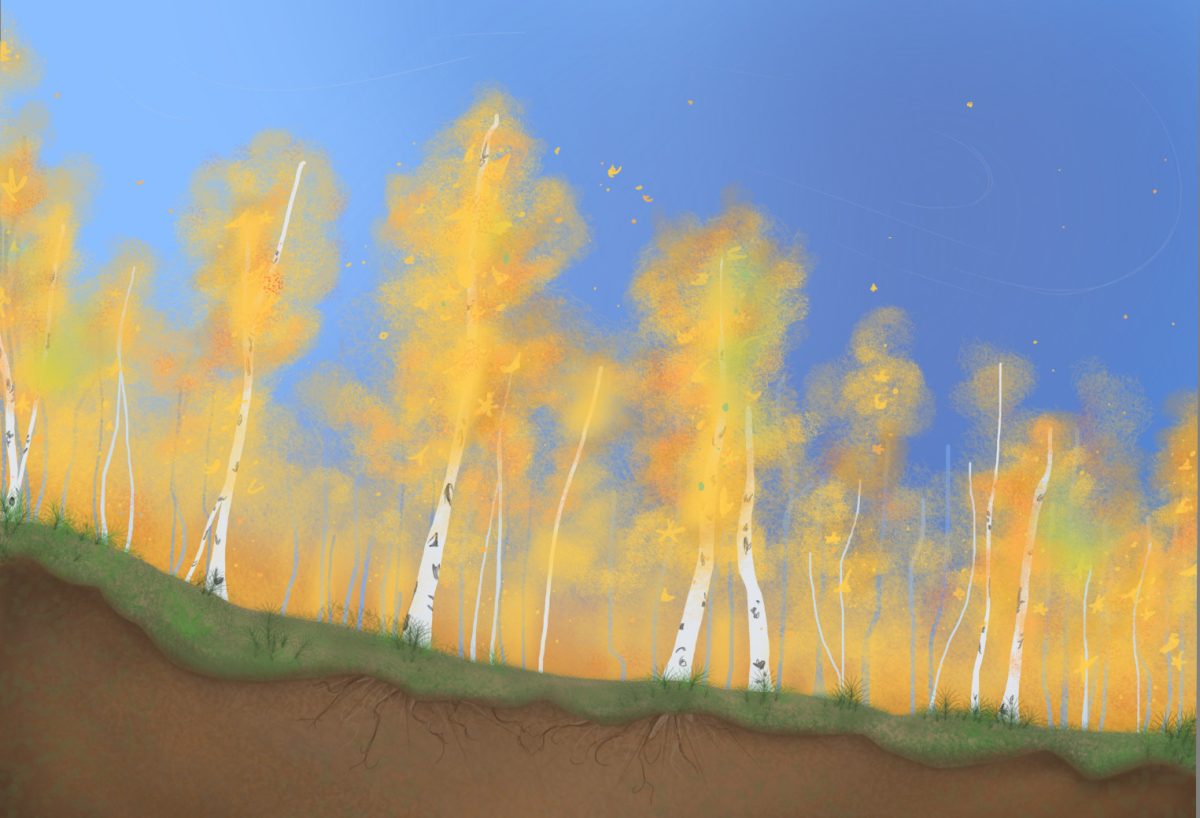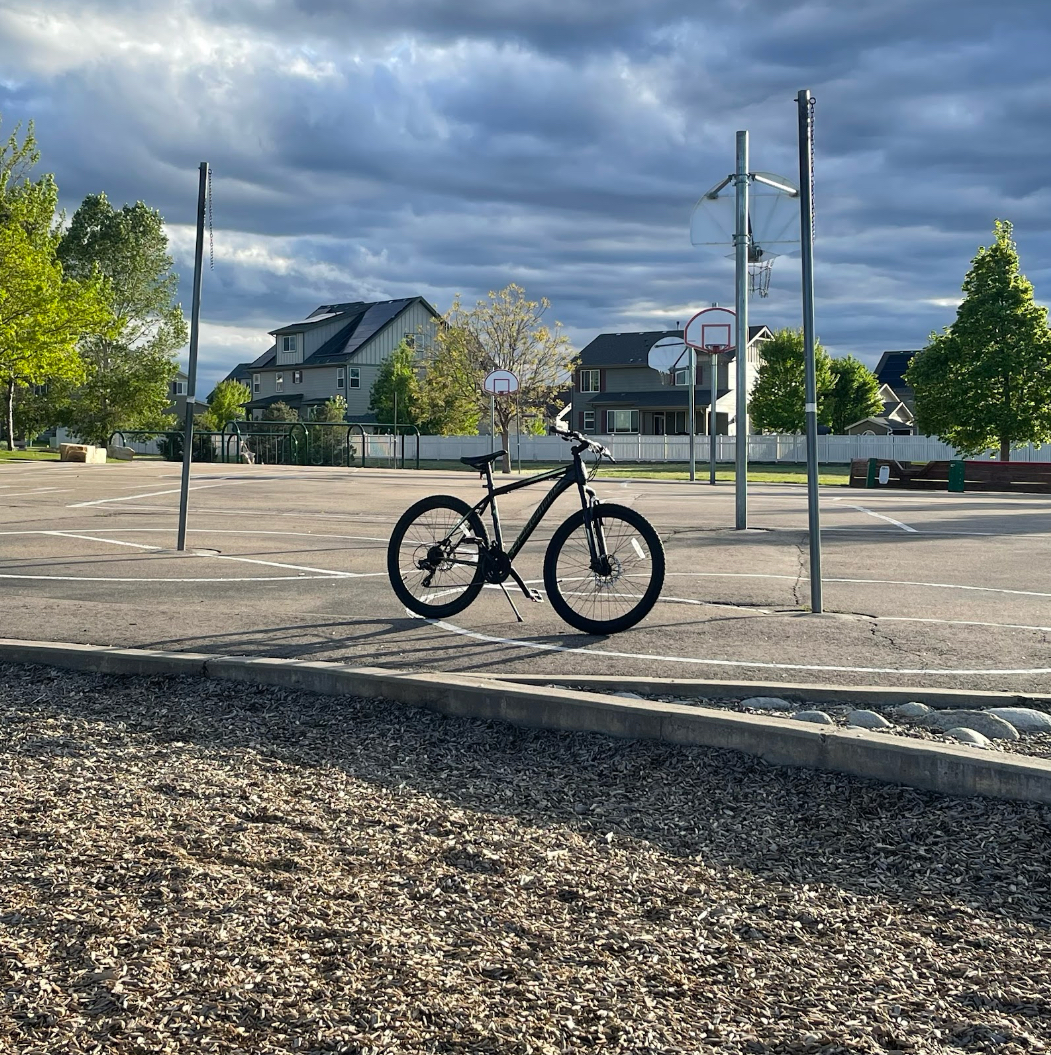Seasonal depression tends to linger around late fall and early winter. With this in mind be sure to pay attention to your mental health as well as others around you. It is also important to further actions to maintain a positive headspace.
Seasonal depression can connect to seasonal affective disorder or SAD. This can occur due to the seasons changing, lack of sunlight, and shorter days which alter the brain chemicals.
To combat fall and winter depression here are a few things you can do to improve in this area.
First of all, any day with the sun out or any day that is a bit warmer be sure to go on a walk. By going on walks or spending time outside, you can absorb vitamin D, which is responsible for controlling mood swings and reducing depression. Using any excuse to go outside, whether that be only for 10 minutes, or any time outside can relieve a person.
Moreover, prioritize social interaction. Surrounding yourself with those who love and support you can brighten your days. Incorporating socialization throughout the weeks can give you something to look forward to and allow you to escape a negative environment.
Stick to a schedule, this does not need to be an elaborate schedule. It’s ok to take things slow in this period but ensure there is some type of schedule; even if it is loose and there is room for adjustment, that is all that is needed. A schedule will help you to focus on a simple goal for the day. This will also stop the constant day-sleeping, often experienced when depressed. It is easy to let yourself slip and lay off the essentials, but maintaining a set schedule prohibits that and encourages goals. This can temporarily keep you busy and focus on the positive.
I also recommend journaling because it brings many benefits. Journaling is a great way to let out complex thoughts. Depression can leave a person with many complicated emotions and journaling helps break this down. However, when journaling, do not confine yourself to writing perfectly. You don’t have to thoroughly think out plans before executing, and instead take a raw approach. Capture raw emotion and spew out all thought, ignore punctuation, spelling, and any critiquing. Journaling helps process emotions, thoughts, and reactions to the world inside and outside of you.
Keep in mind that these feelings will be released. Consistently look forward and reassure yourself that you’ll feel better but also know that it will take time. Be patient with yourself. Do not expect to overcome seasonal depression in a certain time frame. Getting better is a slow process, but eventually you will reach it.
If you find yourself with seasonal depression, please reach out for help and communicate with a trusted person that you are looking for support.









Serena Alvarado • Feb 2, 2024 at 11:26 am
Very good advice. I love your suggestions!